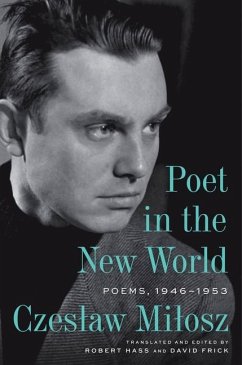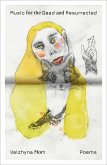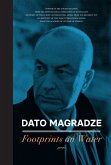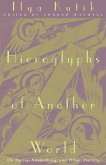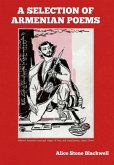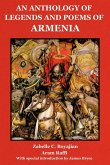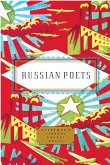A new collection of work from Nobel laureate Czeslaw Milosz that includes previously untranslated poems written during his years in Washington, D.C. One of the most revered poets of the twentieth century, Czeslaw Milosz famously chronicled life under Communism in Poland. However, Milosz also lived in Washington, D.C. from 1946 to 1950, working as a diplomatic official and leaving behind an old world tarnished by violence and bloodshed to take his bearings in a new world. Gathering these poems for the first time in English translation and contextualized by the poetry which came directly before and after, Poet in the New World captures Milosz at his existential and stylistic best. Attuned to the necessity of imagination and the duty of language, filled with wonder and skepticism, Milosz grapples with the extraordinary violence he had witnessed and the strange postwar United States he has inhabited while pondering the enduring fate of his beloved Poland. In the poem "Warsaw" the poet asks, "How can I live in this country/Where the foot knocks against/the unburied bones of kin?" Equal parts affecting and illuminating, Poet in the New World is an essential addition to the Milosz canon, in a beautifully rendered translation by Robert Hass and David Frick that reverberates with the questions of histories past, present, and future.

